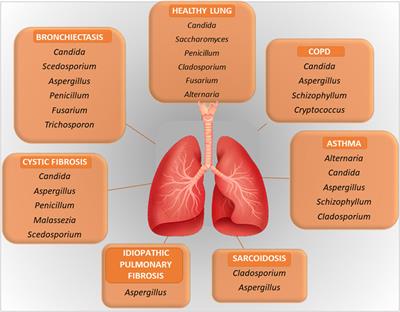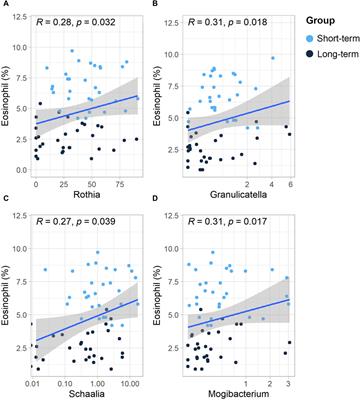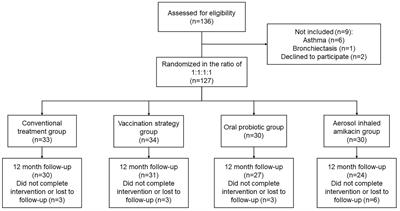EDITORIAL
Published on 14 Feb 2025
Editorial: Lung microbiome in health and disease
doi 10.3389/fphar.2025.1565849
- 150 views
1,604
Total downloads
5,403
Total views and downloads
Select the journal/section where you want your idea to be submitted:
EDITORIAL
Published on 14 Feb 2025
ORIGINAL RESEARCH
Published on 21 Jan 2025
ORIGINAL RESEARCH
Published on 07 Jan 2025
REVIEW
Published on 08 Nov 2024

ORIGINAL RESEARCH
Published on 10 Jun 2024

ORIGINAL RESEARCH
Published on 05 Jan 2024

